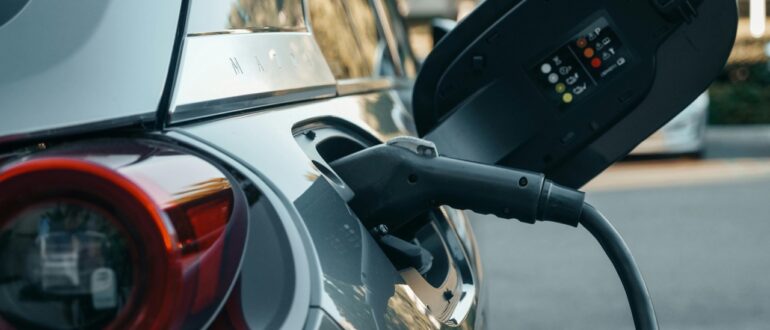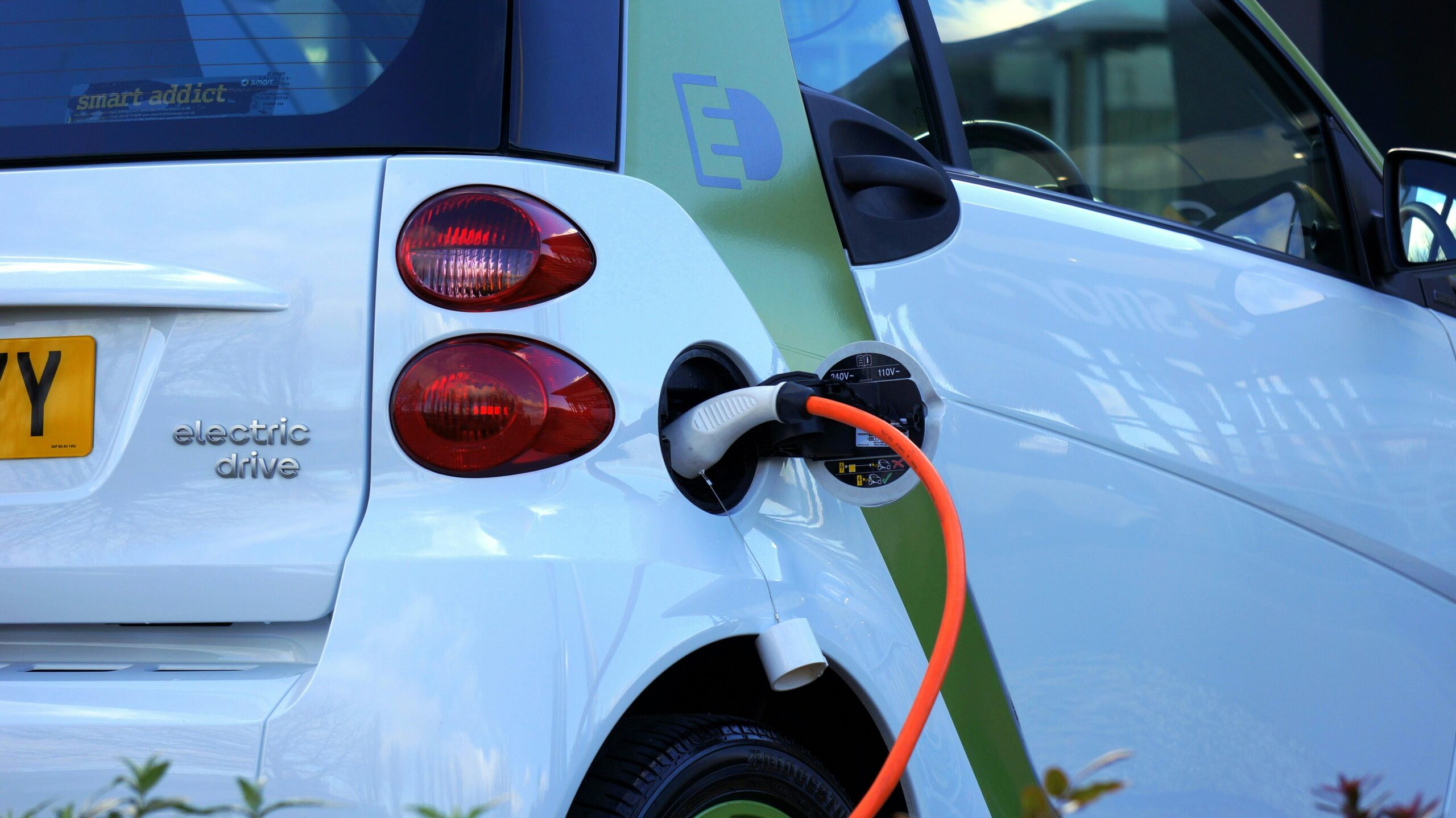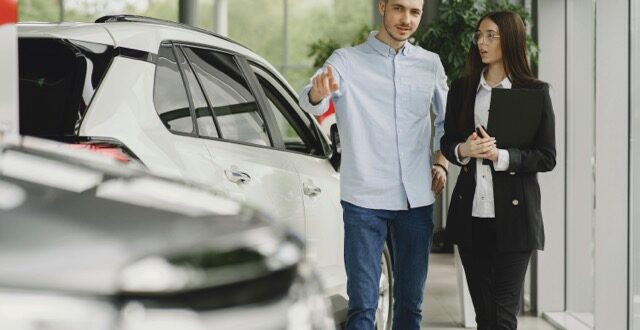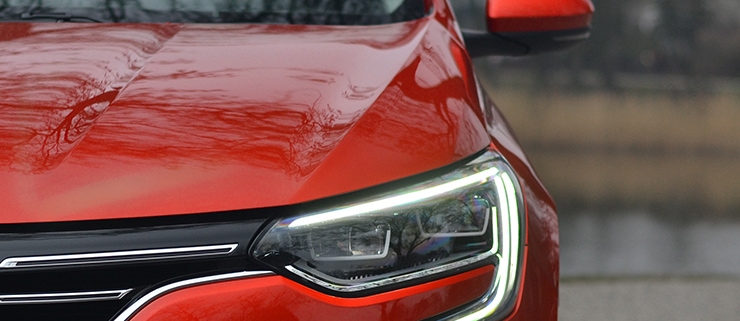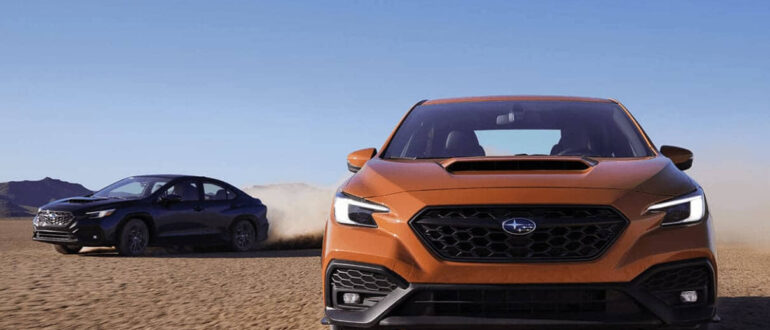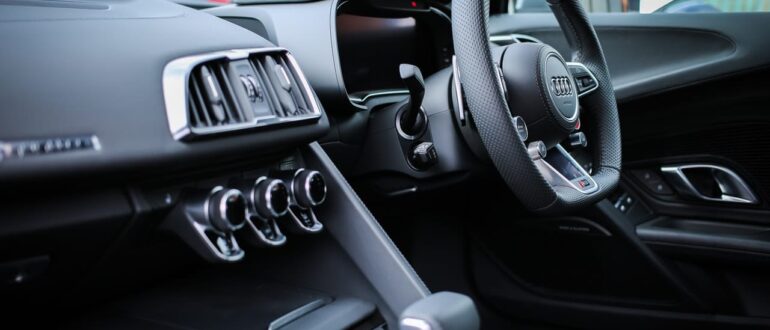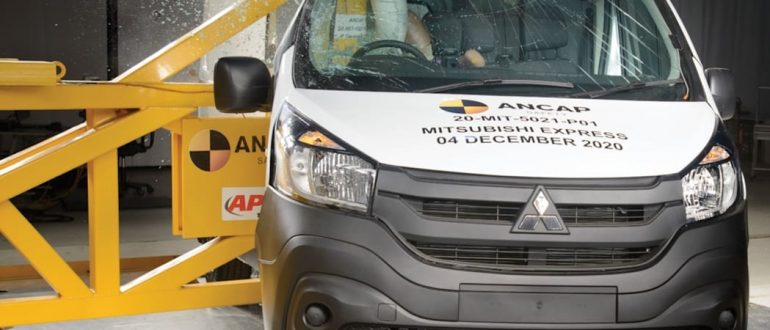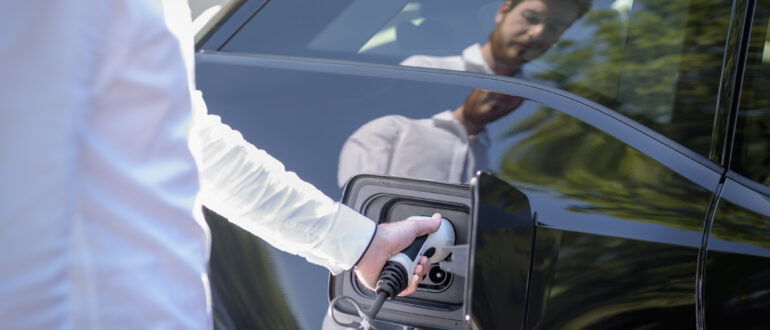Electric cars in Australia are on the rise with more people shifting towards sustainable living and cost-saving practices. With significant increase in sales and market share in EVs over the recent years, used electric vehicle sales in Australia have also grown. While private sellers are leading the upward trend in...
Read MoreWith increasing petrol prices, growing rebate scheme incentives for electric cars and advancements in lithium-ion batteries, electric vehicle innovations and shifting sustainability preferences are accelerating the demand for electric cars in Australia. In Australia, traditional combustion engines remain the primary power source for vehicles. However, while there is growing popularity...
Read MoreIf you’re in the market for the most reliable hatchback, you’re not alone. Small cars, including some sedans, coupes, and hatchbacks, are increasingly popular choices among first-time buyers, students and city drivers. Often relied on by those with tight budgets, small hatchback cars are compact and economical vehicles that require...
Read MoreWhen you buy a new car online, just like any other transaction anyone makes, it should be safe, simple & straight forward. Technology has, thankfully, made the process of buying a new car a safe, streamlined and somewhat pleasurable experience. Still car buyers online need to follow a procedure and...
Read MoreWith global car manufactures announcing extensive plans to electrify more of their fleet, featuring more reliable technology and more competitive pricing, the momentum for shifting to electric vehicles in Australia is growing. Recently we reached a significant milestone, with over 20,000 full-electric and plug-in hybrid vehicles on the road today....
Read More